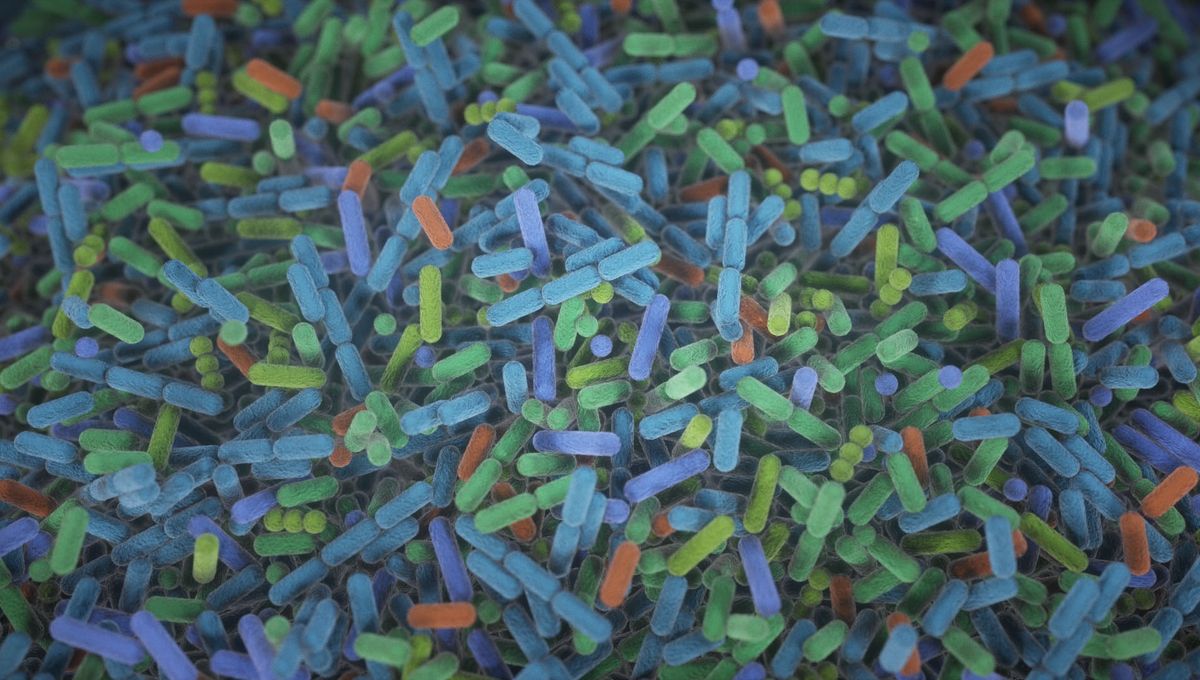
Scientists have discovered that transplanting the gut microbes of people with Alzheimer’s disease into healthy rats causes the animals to develop symptoms of the disease. The result could pave the way for new treatments and confirms what many have long argued: that the intestinal microbiome plays a key role in Alzheimer’s.
The study was the result of an international collaboration and was led by Professor Yvonne Nolan of the APC Microbiome Ireland research center based at University College Cork.
“People with Alzheimer’s are typically diagnosed at or after the onset of cognitive symptoms, which may be too late, at least for current therapeutic approaches. Understanding the role of gut microbes during prodromal – or early stage – dementia, before the potential onset of symptoms may open avenues for new therapy development, or even individualized intervention,” Nolan explained in a statement.
The team recruited 69 patients with Alzheimer’s disease and 64 control subjects and collected blood and stool samples from them. The stool samples were prepared for a procedure called fecal microbiota transplantation (FMT) which is… exactly what it sounds like. The lucky recipients in this case were a group of young adult male rats, selected to eliminate any effects of natural aging.
Once the rats had been pretreated with antibiotics to deplete their own microbiota, FMT was performed. Ten days later, the rats were started on a program of behavioral tests. Later, samples of their gut tissues, brain tissues, blood, and feces were also collected for analysis.
The result was clear. The human patients were found to have higher levels of inflammation-promoting bacteria within their fecal samples, which correlated with their degree of cognitive impairment. Transferring these gut microbes into the rats caused them to develop symptoms associated with dementia.
One of the major cellular processes the authors highlighted was adult hippocampal neurogenesis, the birth of new neurons in the hippocampus – vital for learning and memory – that continues to occur throughout life.
“The memory tests we investigated rely on the growth of new nerve cells in the hippocampus region of the brain. We saw that animals with gut bacteria from people with Alzheimer’s produced fewer new nerve cells and had impaired memory,” said Nolan.
As well as the experiments in rats, the team corroborated their findings in human cell cultures, showing that serum from patients with Alzheimer’s disease impaired the growth and functioning of these cells.
The gut microbiome has attracted a lot of attention in recent years and has been implicated in many aspects of human health, with Alzheimer’s disease being just one example. Alzheimer’s, the most common form of dementia, could impact one in three people born today if the current trends continue, so an improved understanding of the pathology and new treatment approaches are sorely needed.
“Alzheimer’s is an insidious condition that there is yet no effective treatment for. This study represents an important step forward in our understanding of the disease, confirming that the make-up of our gut microbiota has a causal role in the development of the disease,” said Professor Sandrine Thuret, one of the study’s senior authors and a neuroscientist at King’s College London.
“This collaborative research has laid the groundwork for future research into this area, and my hope is that it will lead to potential advances in therapeutic interventions.”
The study is published in the journal Brain.
Source Link: Alzheimer’s Disease Memory Decline Transferred To Healthy Young Brains In World First